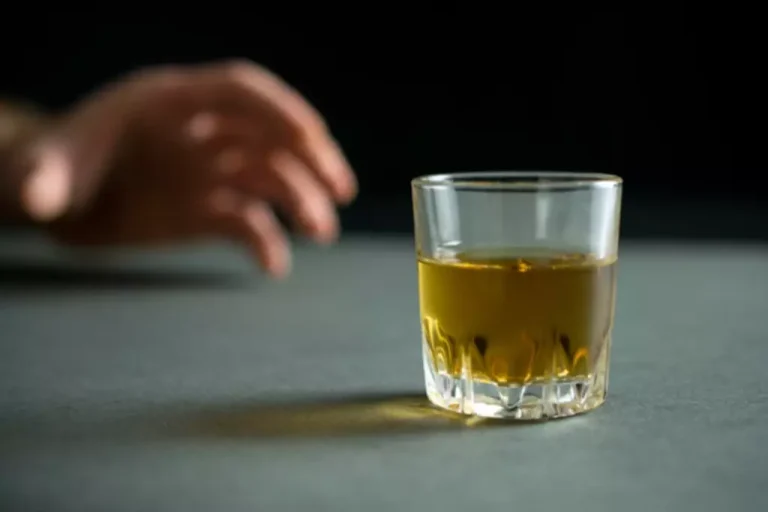
Therefore, reducing or eliminating alcohol intake can help restore skin hydration—making it look more supple over time. Since alcohol is a depressant, it can throw your sleep cycle off balance by slowing down your nervous system. As your nervous system speeds back up once the alcohol exits your system, you may experience sleep disruption and wake up more throughout the night. “Insomnia is pretty common among people who abuse alcohol,” McGrath says. Whether you’re challenging yourself to a no-drink stint (hello, Dry January) or considering cutting back on alcohol in general, your body can experience some real changes when you stop drinking.
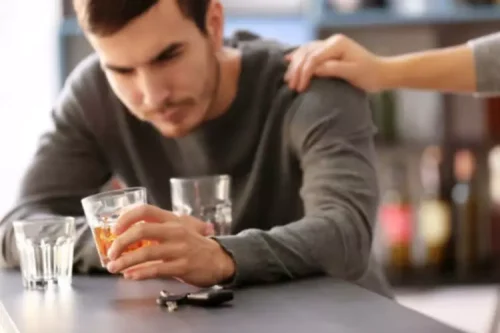
Non-Health Benefits of Quitting Alcohol
- Liver enzymes normalise, reducing the risk of conditions like fatty liver disease and cirrhosis.
- The most dangerous symptoms that can develop will do so as symptoms peak.
- Dasgupta said for social and moderate drinkers, participating in a month-long break won’t make much difference to their bodies.
- As you experience fatigue from the strain of withdrawal, you will likely begin to notice that the sleep you get is far more restorative and that you feel much better when you wake up in the morning.
After you stop drinking for a month, your liver fat may be reduced by up to 20%, significantly reducing your risk of cirrhosis of the liver or fatty liver disease. Within 3-7 days, withdrawal symptoms will stop for most dependent drinkers. In rare cases, symptoms can develop into delirium tremens (DTs), which is a medical emergency. Alcohol withdrawal causes a range of symptoms when a person with alcohol use disorder stops or significantly decreases their alcohol intake. The symptoms can range from mild to severe, with the most severe being life-threatening.
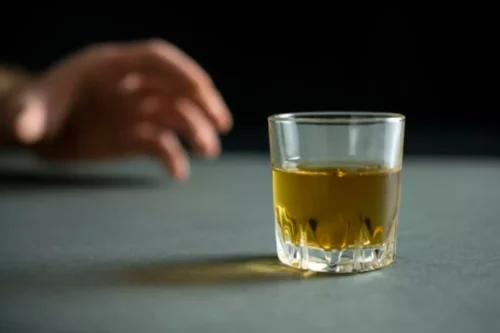
Why A Consistent Morning Routine Is So Powerful In Sobriety
At this point, your risk of developing all types of disease will be reduced and your bone density will start to increase. Keep in mind that everyone is different and will experience different things when they stop drinking. Beyond the safety considerations, medical detox is a more comfortable, pleasant experience. Your healthcare team will help treat each symptom as soon as it develops and equip you for success.
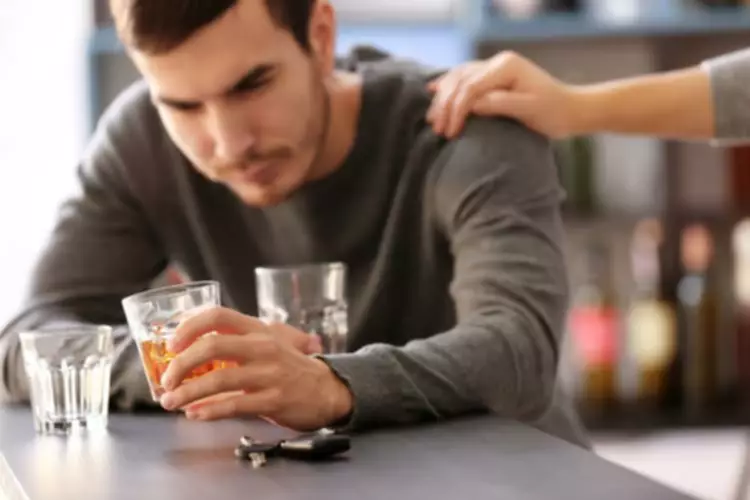
Improved Cardiovascular Health
- Westman, J.; Wahlbeck, K.; & et al. “Mortality and life expectancy of people with alcohol use disorder in Denmark, Finland and Sweden.” Acta Psychiatrica Scandinavica.
- When you’re not drinking, your liver is able to devote more time to its other 500 vital functions.
- After stopping alcohol, inflammation in your liver caused by alcohol will subside.
- For many people, this is the beginning of improved quality of life.
- That’s because it disrupts your hormone levels and impairs blood flow, which are both very important for sexual function.
When you quit alcohol after using it consistently, your body spends about a week to a week and a half adjusting to its absence. This can create dangerous withdrawal symptoms but will typically fully resolve within two weeks. Stopping alcohol can seem daunting, especially if you use it frequently or if it is a central part of your social life. You can feel better, decrease your risk of diseases, think more clearly, save money and even improve your relationships. While there are some short-term withdrawal effects, the long-term benefits are well worth the effort.
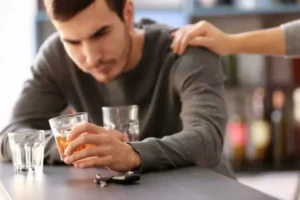
Ready to Start Your Healing Journey?
Your doctor or substance abuse therapist can offer guidance and may prescribe medication like benzodiazepines or carbamazepine to help you get through it. Whilst physical withdrawal symptoms are likely to be at their worst during the first couple of days and are usually very much improved in a couple of weeks, emotional issues may remain for longer. They also noticed that levels of proteins in the blood that promote cancer growth, namely epidermal growth factor (EGF) and vascular endothelial growth factor (VEGF) decreased by around 73% and 41%, respectively. Moore hypothesized that instead of causing cancer to develop in Sober living house the first place, these findings may suggest that alcohol instead promotes cancer’s growth once it gets a footing in the body. To confirm this speculation, however, the team would need to conduct a long-term study of moderate drinkers, the authors noted in their report. When you stop drinking after drinking heavily for a long period of time, you may feel unwell, and might even go into withdrawal.
- Two-thirds of adult drinkers, however, say they exceed these levels at least once a month, a 2014 study found.
- This can lead to symptoms including anxiety, insomnia and irritability, and in more serious cases, hallucinations, seizures and potentially death.
- Vivitrol (naltrexone), Campral (acamprosate), and Antabuse (disulfiram) have been FDA-approved to treat alcohol use disorder.
- In some cases, medications such as antiseizure drugs or antipsychotics may be used.
While your liver and stomach can usually rebound if you stop drinking, with inflammation comes an increased cancer risk over time. They can recommend treatment options that can help, including therapy and medications. Psychotherapy options such as cognitive-behavior therapy (CBT) and motivation what happens when you stop drinking enhancement therapy (MET) can help change unhelpful thinking patterns, teach valuable coping skills, and improve the motivation to quit.
